On February 1, 2013, Hiroshima University established two new programs: the “Distinguished Professors” (DP) program and the “Distinguished Researchers” (DR) program. Individuals who are part of these programs are recognized as senior and junior faculty members respectively, who are engaged in extraordinarily distinguished research activities.
A Conversation with Distinguished Researcher Tomonori Kindaichi
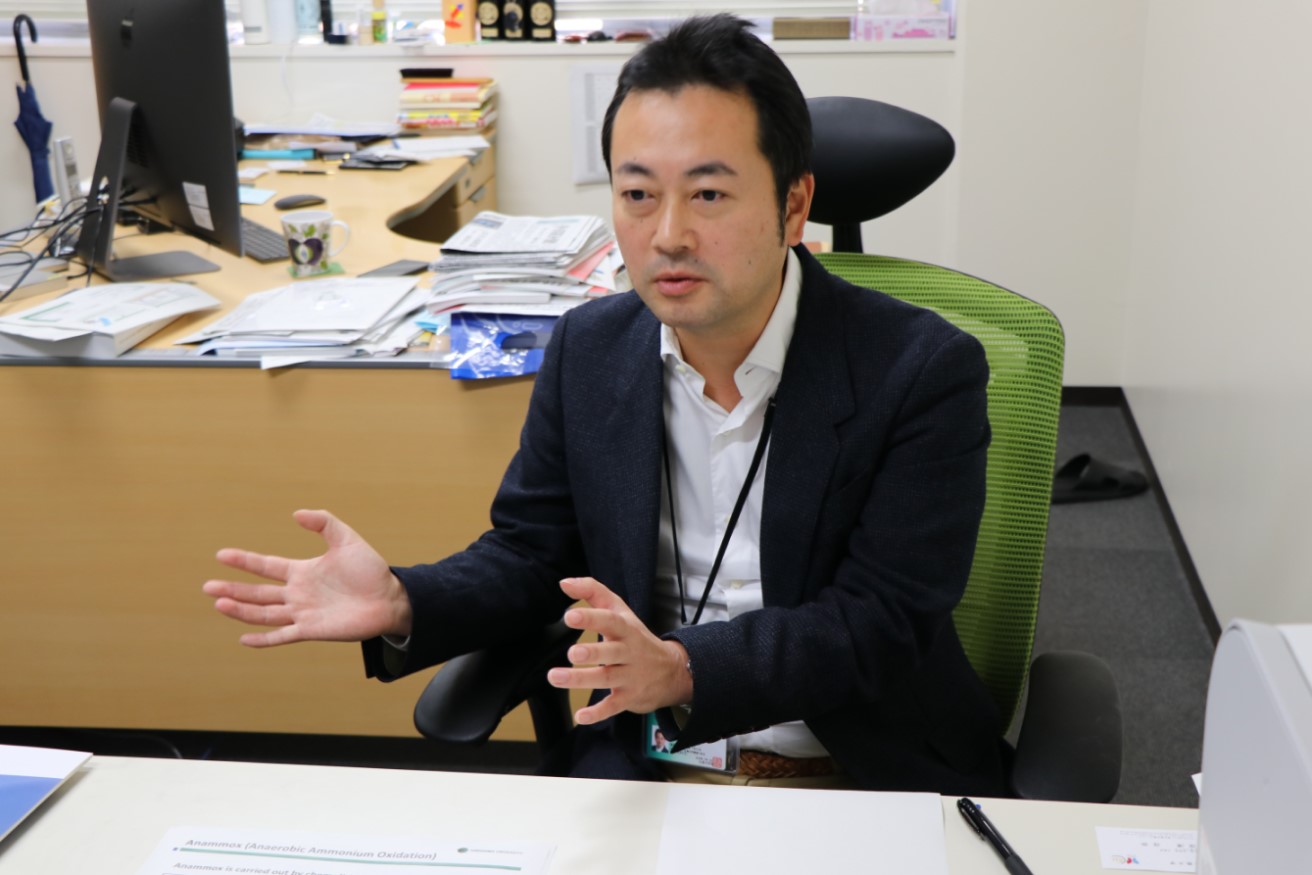
Can you tell me your name and specialist field?
My field is waste-water treatment and I belong to the Civil and Environmental Engineering Department. We use bacteria to clean water in systems like the drinking water system in the city, the sewerage system and one of our targets is eutrophicated water (overabundance of nutrients in water).
You specifically research Environmental Preservation Engineering, ie helping to keep the environment free of chemicals. How can this affect us in our daily lives?
It's very important because we drink water and use the toilet every day! In developed countries, we have these facilities but in developing countries, they need to develop more reliable systems. An important thing is that people don't have to pay a lot for clean water, so we have to develop the cheapest option possible. This can be done through chemical and biological treatments.
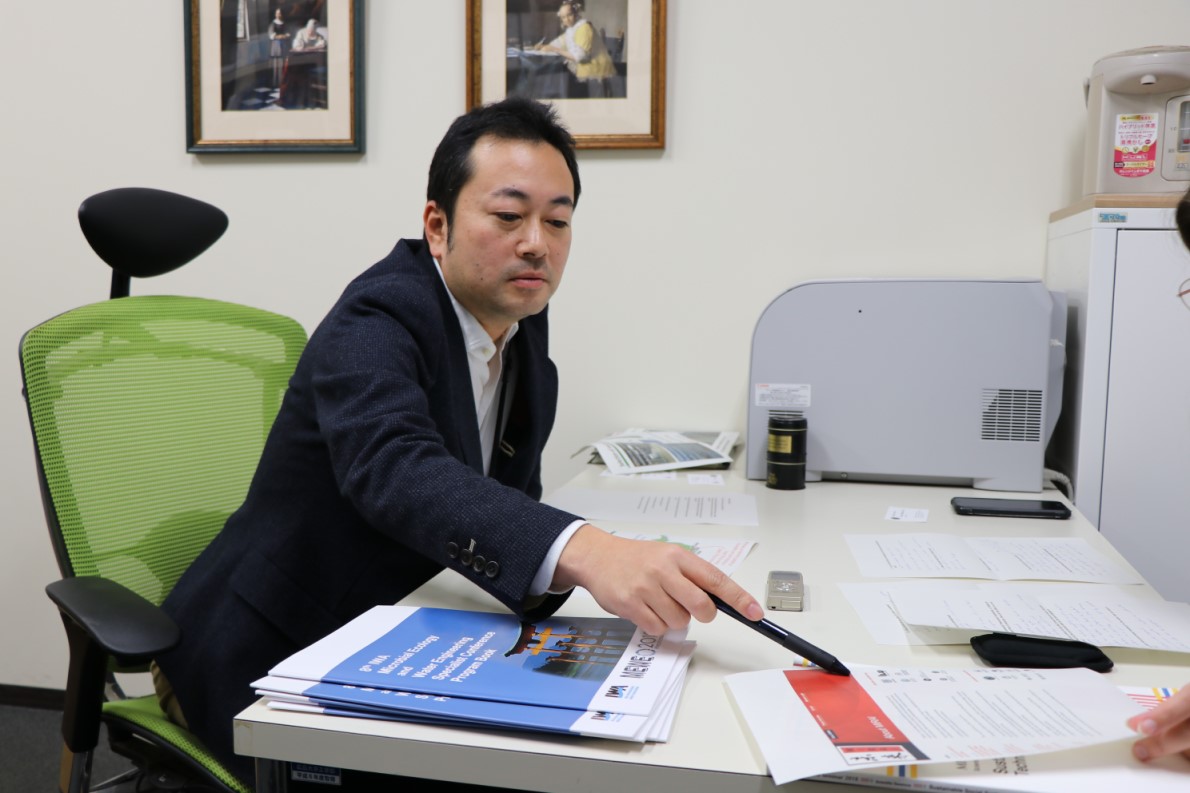
What is the future outlook for this field? Since there are many chemicals being released into the environment what are the new strategies to combat this?
Waste-water contains everything including pathogens and even medicine. For now, we just treat organic pollutants and nutrients. It depends on the cost and the concentration of the wastewater. Water with a high concentration of waste needs to be treated chemically, lower concentrations can be treated with bacteria.
We are trying to find new bacteria to eat the pollutants. Some bacteria are pathogens, but some are good for humans. One example is Anammox a bacteria that eats ammonia and produces Nitrogen gas. It is an environmentally friendly and cheap way of treating water.
Does Japan have good water treatment? Is the water clear and safe to drink?
Yes it has good water treatment. They use chemical treatment for drinking water treatment and bacteria for wastewater. Some people drink groundwater, but this can be dangerous if it is untreated.
Can you tell me about your background, how did you get into this field of work?
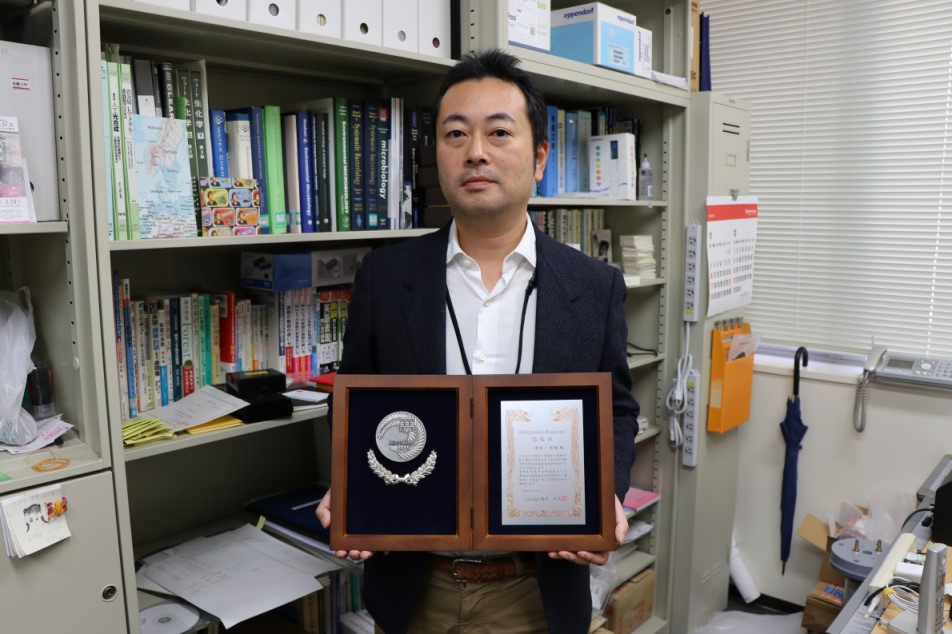
I come from Hokkaido and studied Architecture and Civil Engineering at Toyohashi University of Technology. I chose Civil Engineering over Architecture because building a house is exciting but only for a small group of people. Civil Engineering is useful for more people!
What is the best or most exciting thing about your research work?
The most exciting thing about my research is to find a new bacteria but it's very very difficult. It's like hunting, trying to find a whole new bacteria. It's a lot of work!
What are you working on now?
I am trying to find and culture new bacteria to use in wastewater treatment. I have a lot of international collaborations with Sweden and in Denmark where I learned the techniques of culturing these bacteria. I also teach some lectures.
But I don't spend too much time in the lab anymore. In the morning I work on my papers, its tough work for the brain but I prefer to do them in the morning. In the afternoon I discuss and mentor my students. I have been busy with writing grants with my Swedish colleagues and organizing the conference! I also recently organized a large international conference ( http://mewe2019.org/ ) in Hiroshima University and 12 people from Denmark were among those attending.
What is the best thing about working in the Department of Civil Engineering?
In the department we are equal. Professors, Associate and Assistant Professors all have the same size rooms, which is different to most other departments. We all have different specializations in Civil Engineering, some people make bridges, some study rivers and some work on wastewater. We respect each other.
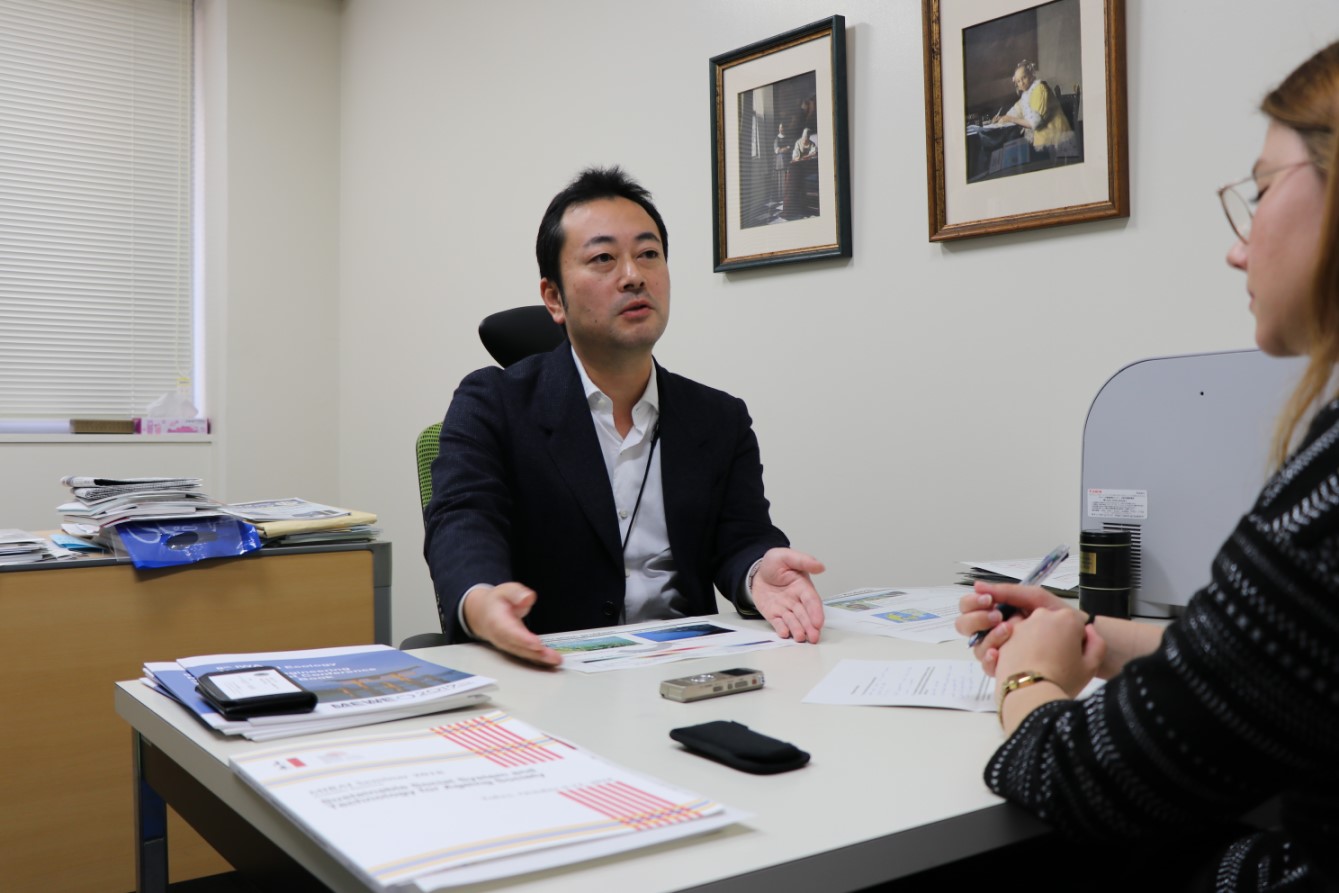
What advice do you have for today's students?
Our students at HU have lots of potential and ability, more than they expect of themselves. Many students are afraid to try new things but they should challenge themselves!
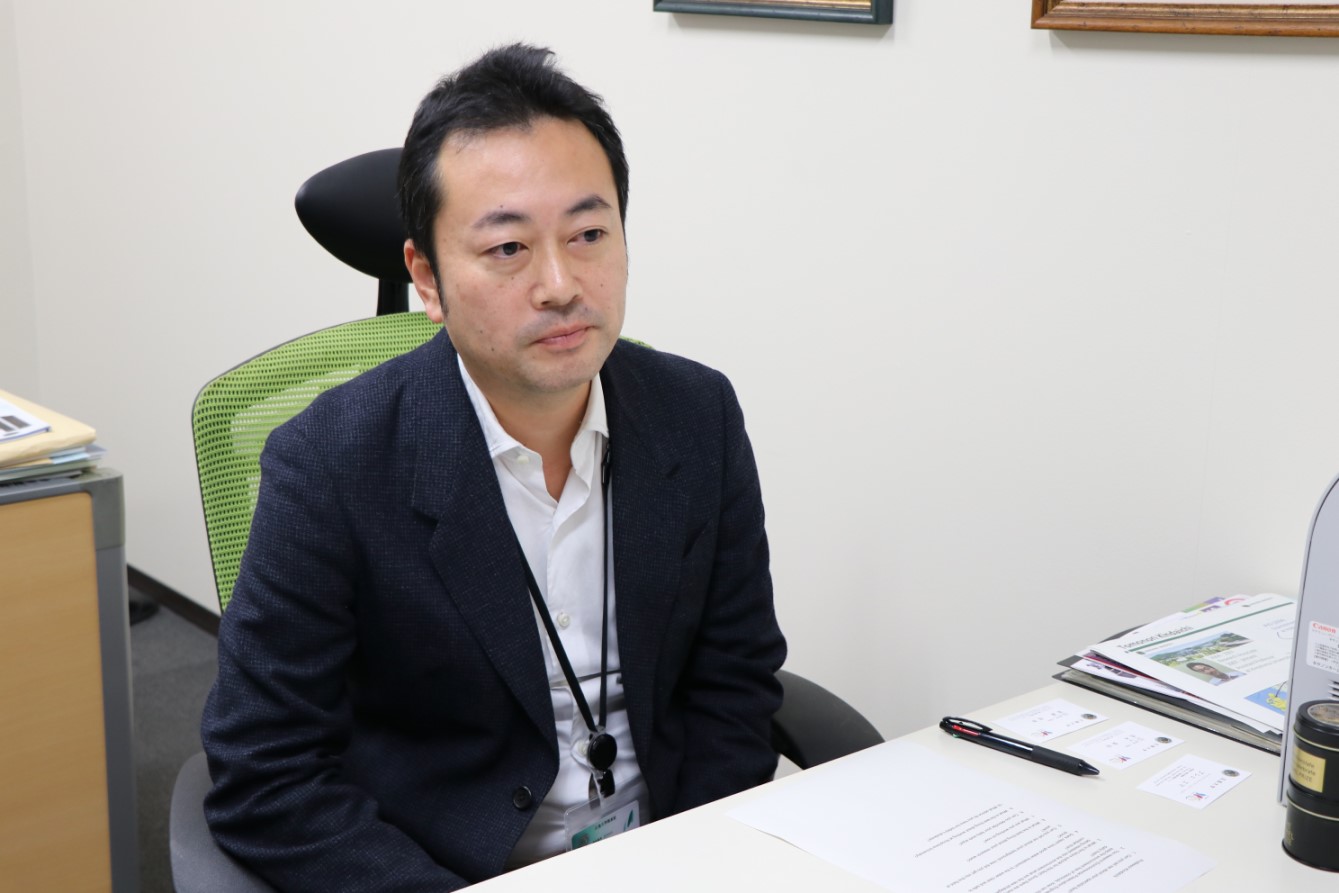

 Home
Home